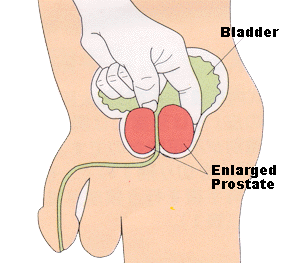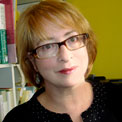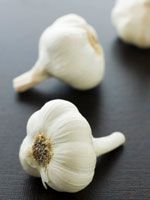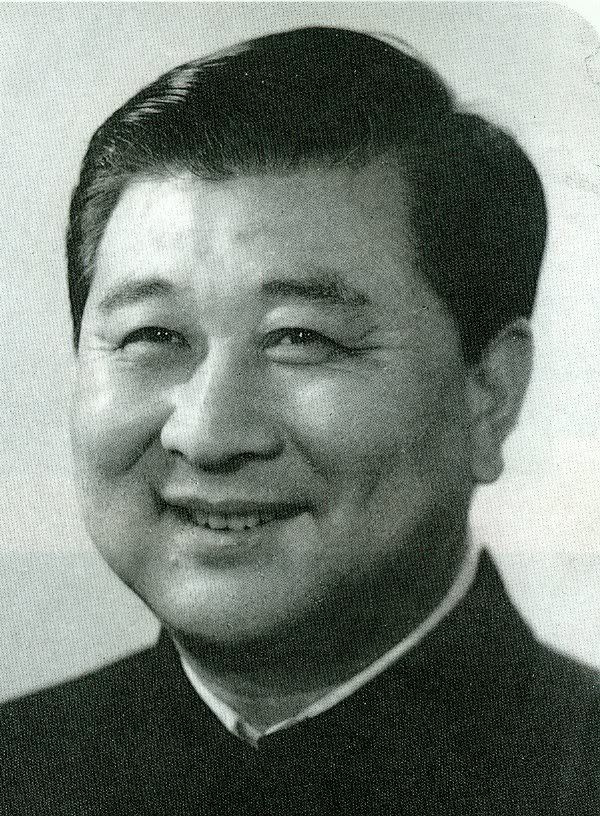How to Know If You Have Prostate Cancer
by: Junji Takano
Prostate cancer is now a pandemic just like that of influenza considering the number of deaths. If you are above 50-year-old male, consult your doctor for a prostate cancer exam. The cancer might be spreading around your body without your knowledge.
In England, there's an awareness campaign called “Pants in the Park”, that supports the work of Prostate UK in fighting prostate diseases.
If you are a dad, think of the following. These simple daily manners will help you diagnose prostate problems in advance.
- Hard to urinate unless you exert it yourself.
- Urine comes out intermittently.
- Feeling the urge to urinate.
- Frequent need to urinate at night.
Many elderly people think that it is because of age. But, if you consider it that way, why such symptoms appear at old age?
The prostate plays a very important role in making some of the semen. The instruction to work will come from the testicles. However, the amount of male hormones gradually decline with age. If the male hormones decrease, the prostate gland will try to expand to save the male hormones. This symptom is called “prostate enlargement” or “benign prostatic hypertrophy”. We believe that this kind of symptom usually occur on more than 50% of males who are above their 50s.

From the illustration above, imagine the enlarged prostate presses the urinary duct to make the urine difficult to pass. Prostate cancer and prostate enlargement show the same symptoms, thus many think that “it is just because of age”.
MRI (Magnetic Resonance Imaging) is one of the methods in finding cancer cells, but we recommend that you take cancer blood test. MRI might miss very small cancer cells. We still recommend you to diagnose prostate cancer by means of PSA (Prostate specific antigen) test; although there is anti-PSA, there is a lot of pro-PSA.
As a precaution, do not ride bicycles, do not walk long distance, and do not work hard before the PSA test.
Today, the number of people dying from prostate cancer is increasing. Save your dad and your beloved one. Finding and treating prostate cancer at its early stage will help prevent the spread of cancer cells to other parts of the body.
We believe that the root cause of prostate cancer is the paranormal wave (see http://www.pyroenergen.com/causes.htm .










